We recently connected with Native Harrow and have shared our conversation below.
Alright, Native thanks for taking the time to share your stories and insights with us today. Can you open up about a risk you’ve taken – what it was like taking that risk, why you took the risk and how it turned out?
We have always bet on ourselves with all our eggs in one basket. When we started Native Harrow 10 years ago we threw everything we had into a van and hit the road. We have believed in ourselves, our artistic vision, and our sound and knew if we just kept going, the path would continue to lead us on. We recently made the choice to self-release our our 6th studio album, parting ways with the label we had done our previous 3 records with, this was a huge leap of faith but we knew we had to stay true to our vision and cut the cord. We both felt full of excitement and nerves.
Taking chances is where we thrive, it’s what we have known for decades. The life of a touring musician is one full of sacrifice, dedication, discipline, and risk. Thanks to the years of rugged road, we were armed already for the task at hand and because we bet on our true north once again, we were able to release Divided Kind on our own label Different Time Records on September 13th!
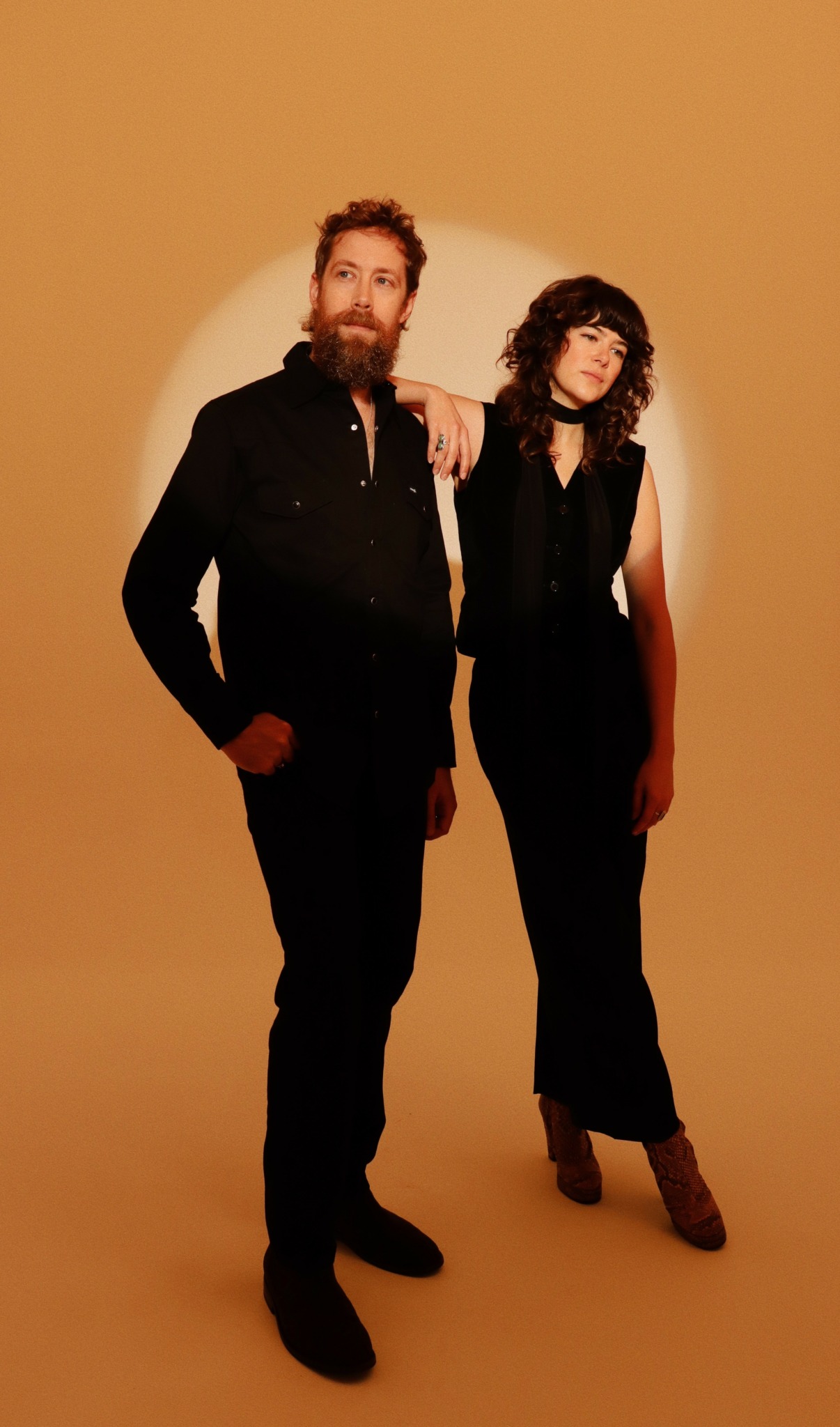
Awesome – so before we get into the rest of our questions, can you briefly introduce yourself to our readers.
Formed a decade ago, Native Harrow spent their first five or six years crisscrossing the United States and Canada on numerous tours, averaging more than 150 concerts per year in 47 states and 4 provinces, on the back of two self-released albums, Ghost (2015) and Sorores (2017). In 2019, they released Happier Now, partnering with London alt-country stalwarts Loose Records. The record garnered glowing reviews, with Rough Trade selecting it for its album of the month, writing “Beautifully soaring… rolling grooves ground languid and dreamy clearwater shimmers of sound.” The critical acclaim and Americana chart success of the album prompted three back-to-back UK tours in 2019 and early 2020, ultimately leading to a three-year stint living and touring in the UK and Europe. In this time, Native Harrow released two more critically acclaimed records with Loose; Closeness (2020) and Old Kind of Magic (2022), playing for audiences ranging from rock clubs in Norway and Sweden to opera halls in Portugal, and every stop in-between, as well as performing at festivals such as BST Hyde Park (supporting the Eagles and Robert Plant & Alison Kraus), Greenman Festival, Black Deer Festival, The Great Escape, Celtic Connections, Moseley Folk Festival, SXSW, and many more.
Philly-based Native Harrow have remained largely independent – musically, professionally, and aesthetically, since their beginning, meticulously crafting and perfecting a sound and style that is melded together from pieces of folk, soul, and rock n’ roll. This music is distinctly American (but not Americana…). Or maybe Pan-American. This is the lifetime’s work of two scholars of music whose individual backgrounds in the arts have forged a strict artistic discipline that exists in sharp contrast to the more traditionally laissez-faire world of rock and popular music. The duo’s songs and albums have thus far completely refused categorization. Either they’ve never been pigeonholed, or if so, they’ve remained completely ignorant to it. Over a catalog of six albums, Native Harrow have produced a discography of “rich, engrossing records” and “instant classics” while single-mindedly following their own artistic code, acquiescing only to the exigence of the song: each song its own world with its own rules.
“Divided Kind” (September 13 via Different Time Records) opens with the title track; frontwoman Devin Tuel’s honey-toned vocal accompanied by gospel-tinged piano, deftly broadening to an exuberant celebration of liberation, abetted by a chorus of soaring voices, electric, acoustic, and 12-string guitars, stentorian Hammond B3 organ, communal handclaps and tambourines, and galvanizing bass and drums. That these first four minutes, a veritable wall-of-sound, were performed and recorded completely by the two members of Native Harrow (the aforementioned Devin Tuel and multi-instrumentalist Stephen Harms), augmented solely by a drum kit performance from longtime collaborator Alex Hall (Pokey LaFarge, JD McPherson, The Cactus Blossoms), is perhaps as perfect an introduction as any to their world. Whereas Native Harrow’s previous records have grown increasingly more expansive, both stylistically and in terms of the musical forces applied, “Divided Kind” counters this categorical unfurling with a lateral move towards the ground, with both feet firmly planted, in a folk-soul-rock sound that still explores their love of RnB, jazz, country, and farther-flung inspirations while simultaneously digging in, with more authority, to the musical world they have constructed. Or maybe they’re still searching, and “Divided Kind” is what’s next. Their refusal to be put in a box, and their relentless insistence on catering to the demands of each individual song suggests the latter is likely the truth at hand. The album was produced and recorded by the pair, in their home studio surrounded by the vintage acoustic and electric guitars, dusty semi-functional amplifiers, and out-of-date Rhodes, B3, piano, and assorted percussion they’ve grown accustomed to.
“Divided Kind” is available everywhere September 13 on Different Time Records
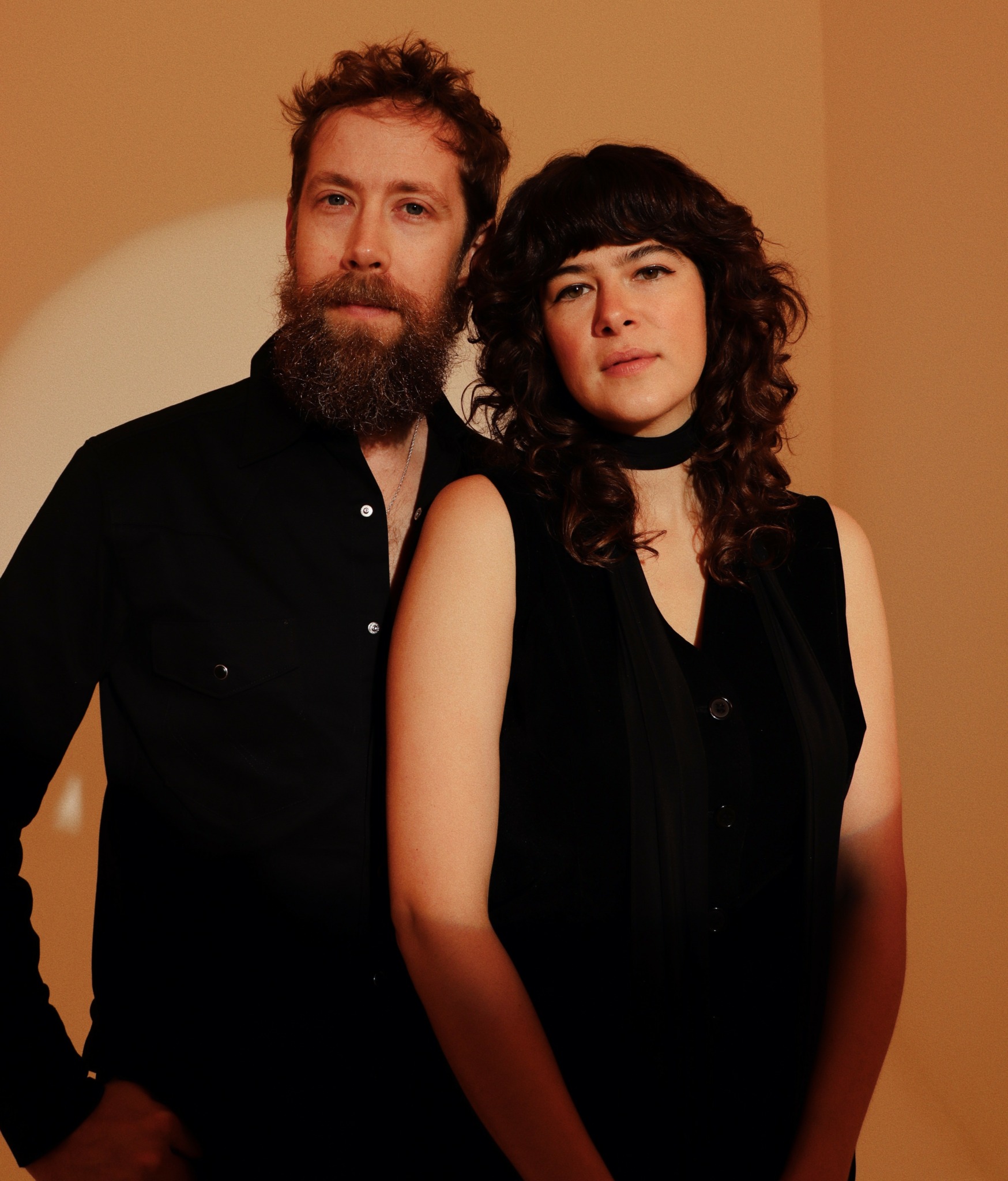
What can society do to ensure an environment that’s helpful to artists and creatives?
For us, attending gigs would be the number one way to support. It sounds straight forward but since the Pandemic people don’t go to performances as much. You see it on every level, artists struggling to sell tickets. Second to that would be to buy merchandise. We all stream music, but everyone now knows how little money artists receive back from those sources. They are important in their own right, but buying tickets & records keeps us on the road and into the next album cycle.
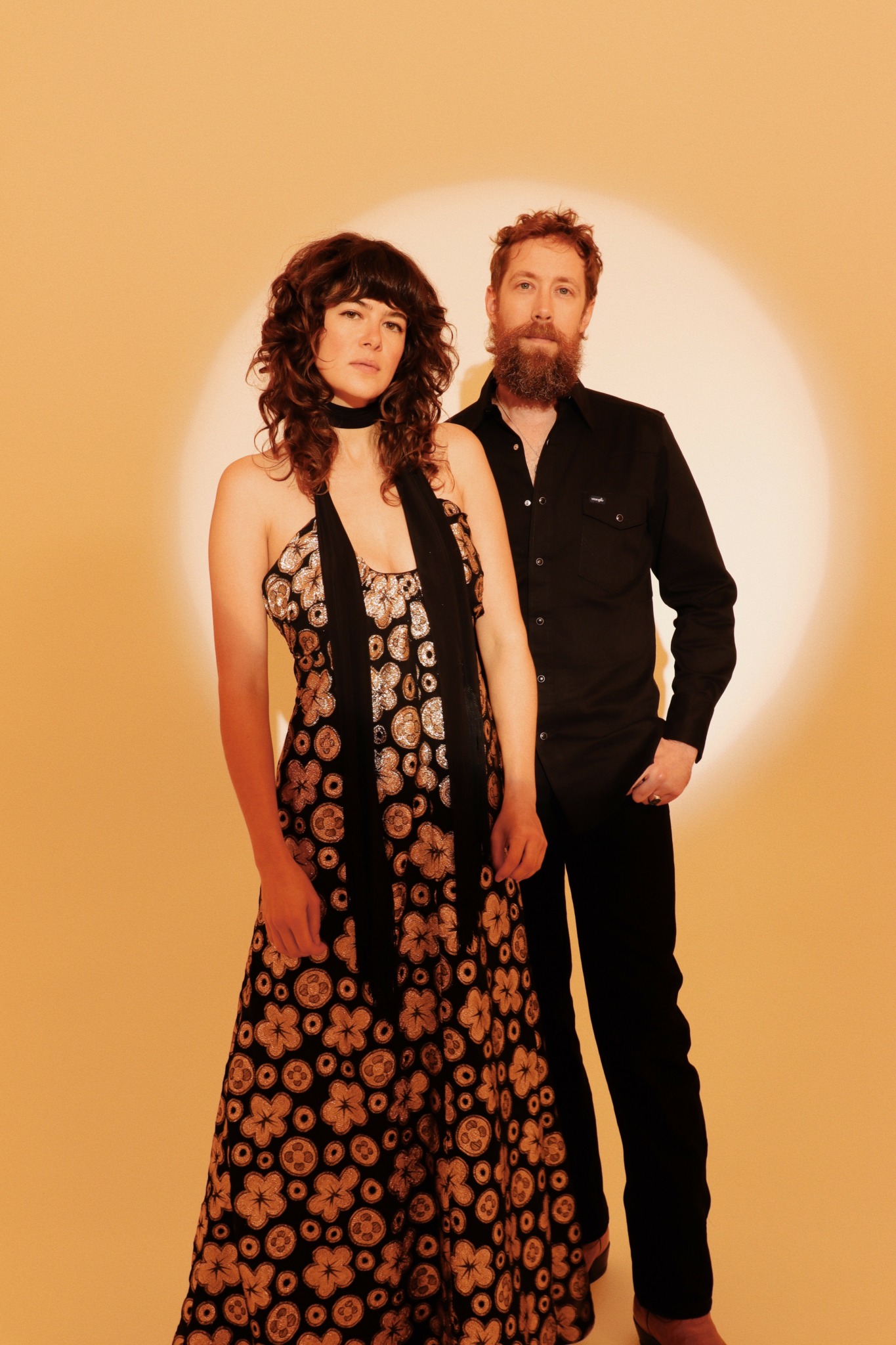
Do you think there is something that non-creatives might struggle to understand about your journey as a creative? Maybe you can shed some light?
Almost every facet of it. The main thing they don’t understand is that they don’t understand any part of the process or industry and it is not important for them to understand it. The important thing is – if you enjoy the art, focus your intentions and conversation with artist there not on the metrics and finances of their industry. There is no other industry where the financial pitfalls associated with it are so at the forefront of all conversations related to the art. There is no one way to make it in this industry and the rules are changing nearly constantly. Because everyone loves music it is easy to convince ourselves that we understand what artists should or shouldn’t be doing which can sometimes get in the way of listening.
Contact Info:
- Website: https://www.nativeharrow.com/
- Instagram: https://www.instagram.com/native_harrow
- Facebook: https://www.facebook.com/nativeharrow/
- Twitter: https://x.com/nativeharrow
- Youtube: https://youtube.com/nativeharrow
- Other: https://open.spotify.com/artist/2mN85kTlB8agKEcj9rMGLp?si=BOIE5RH2RQOJ9O0Zj_lLfQ
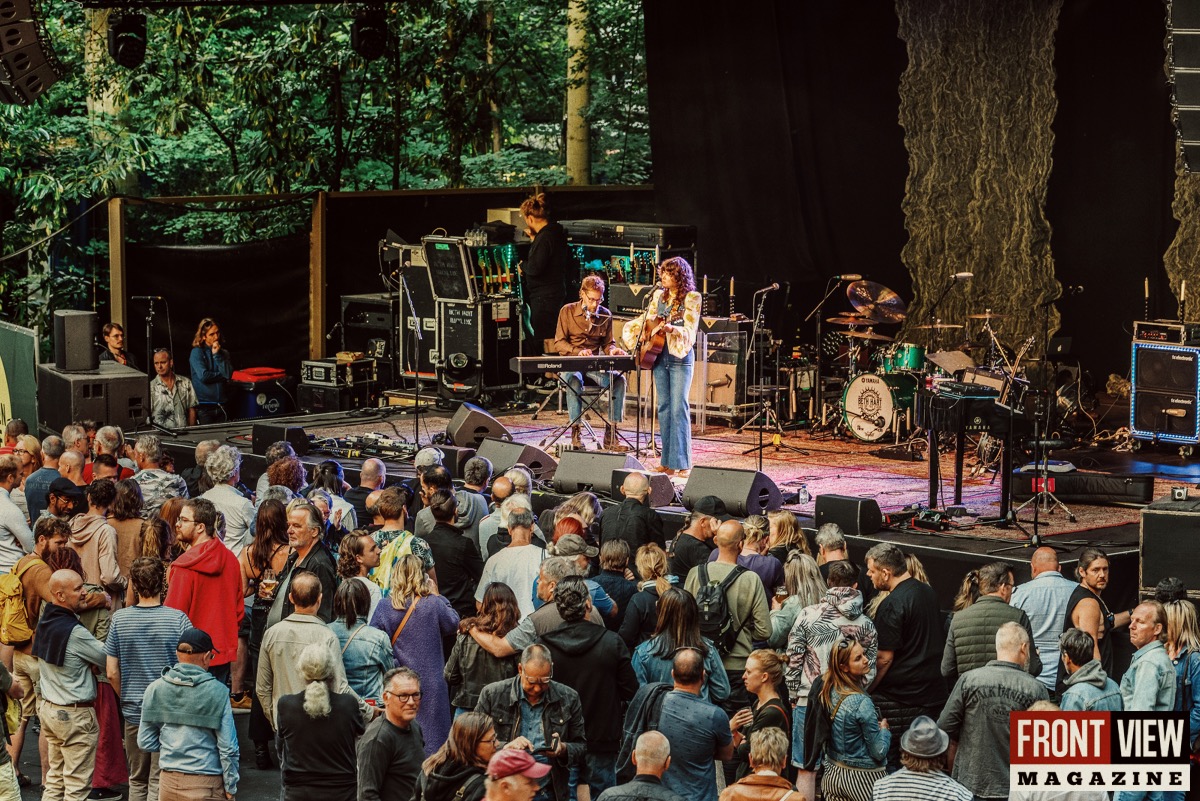
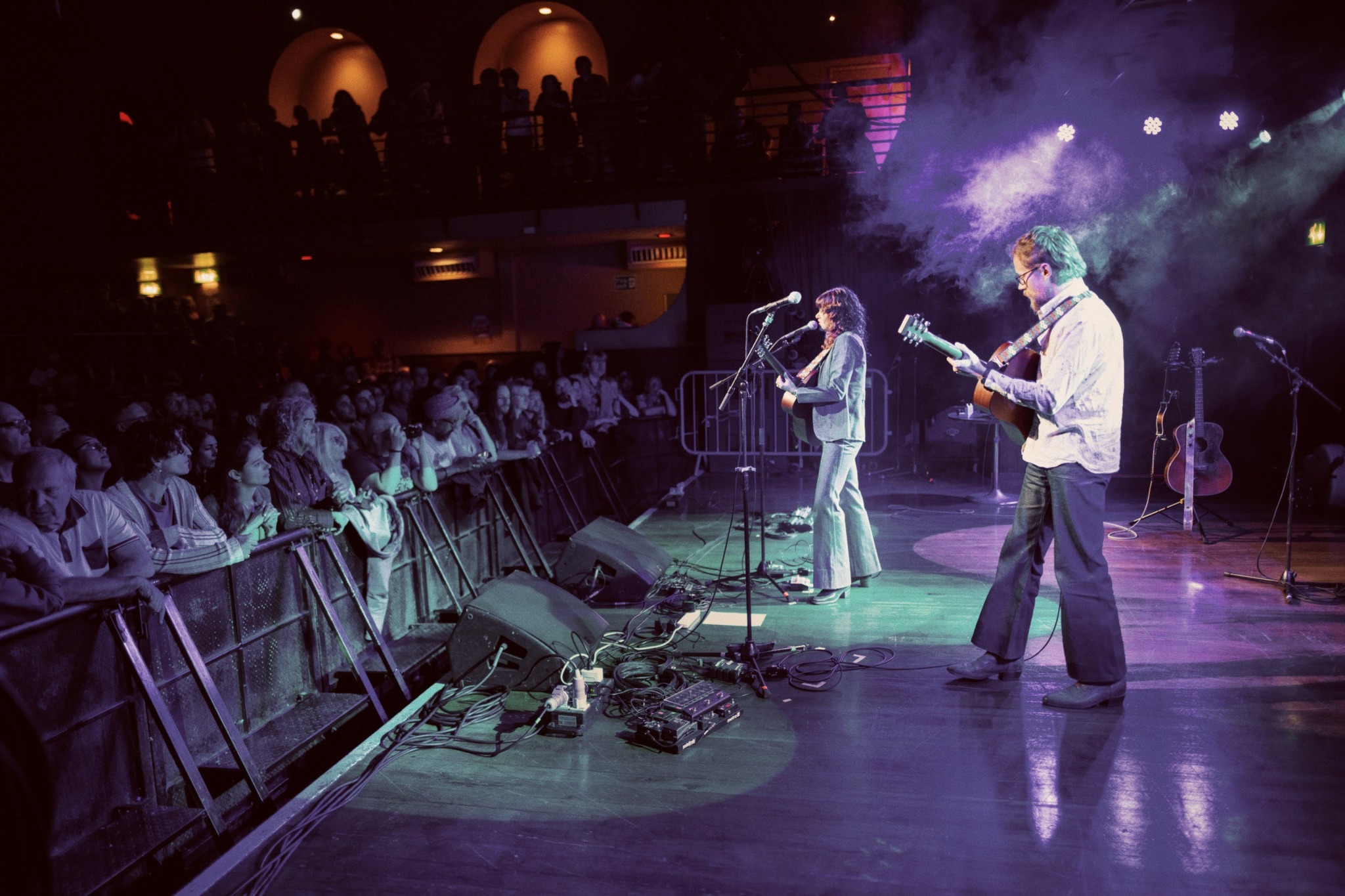
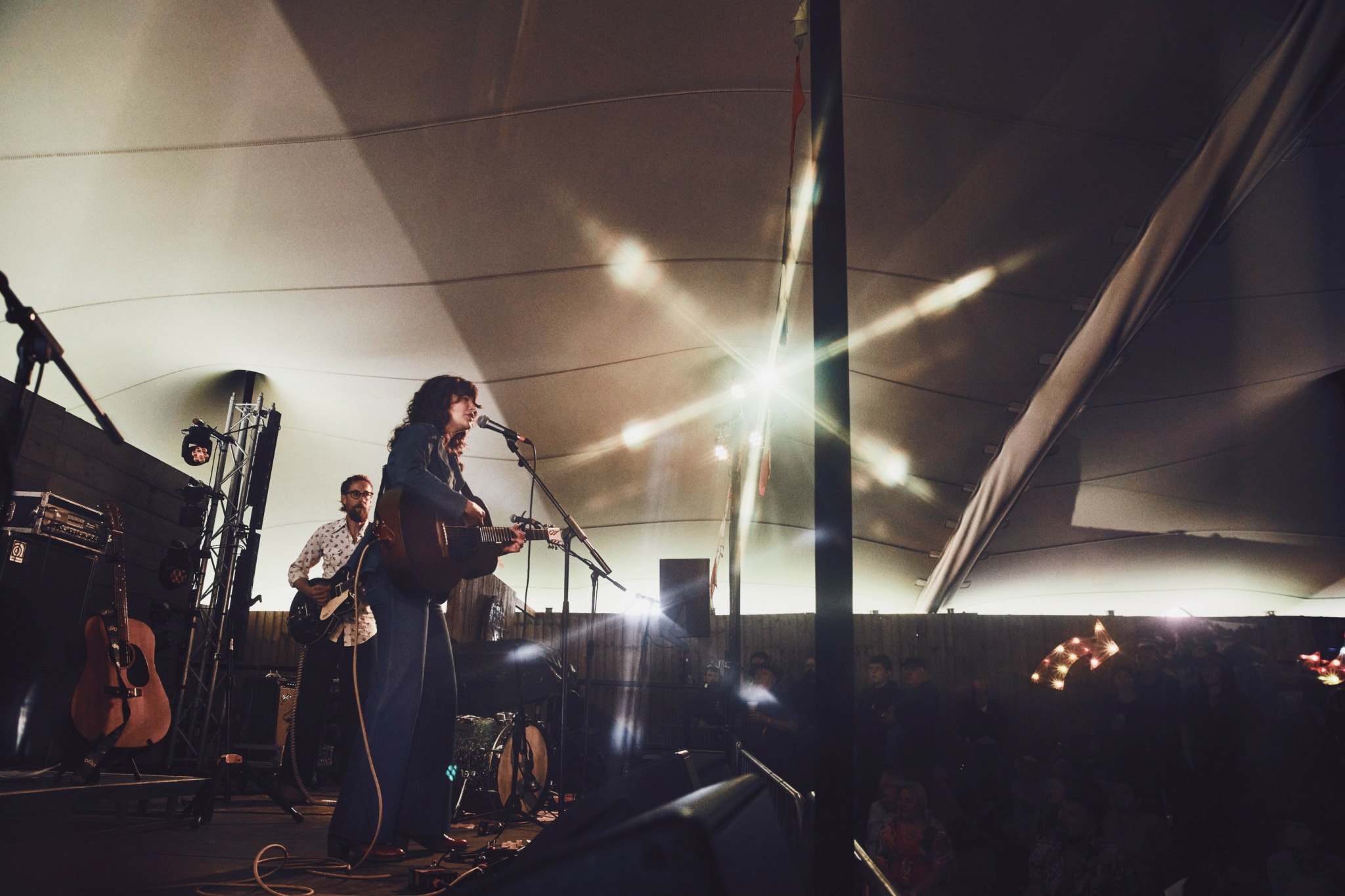
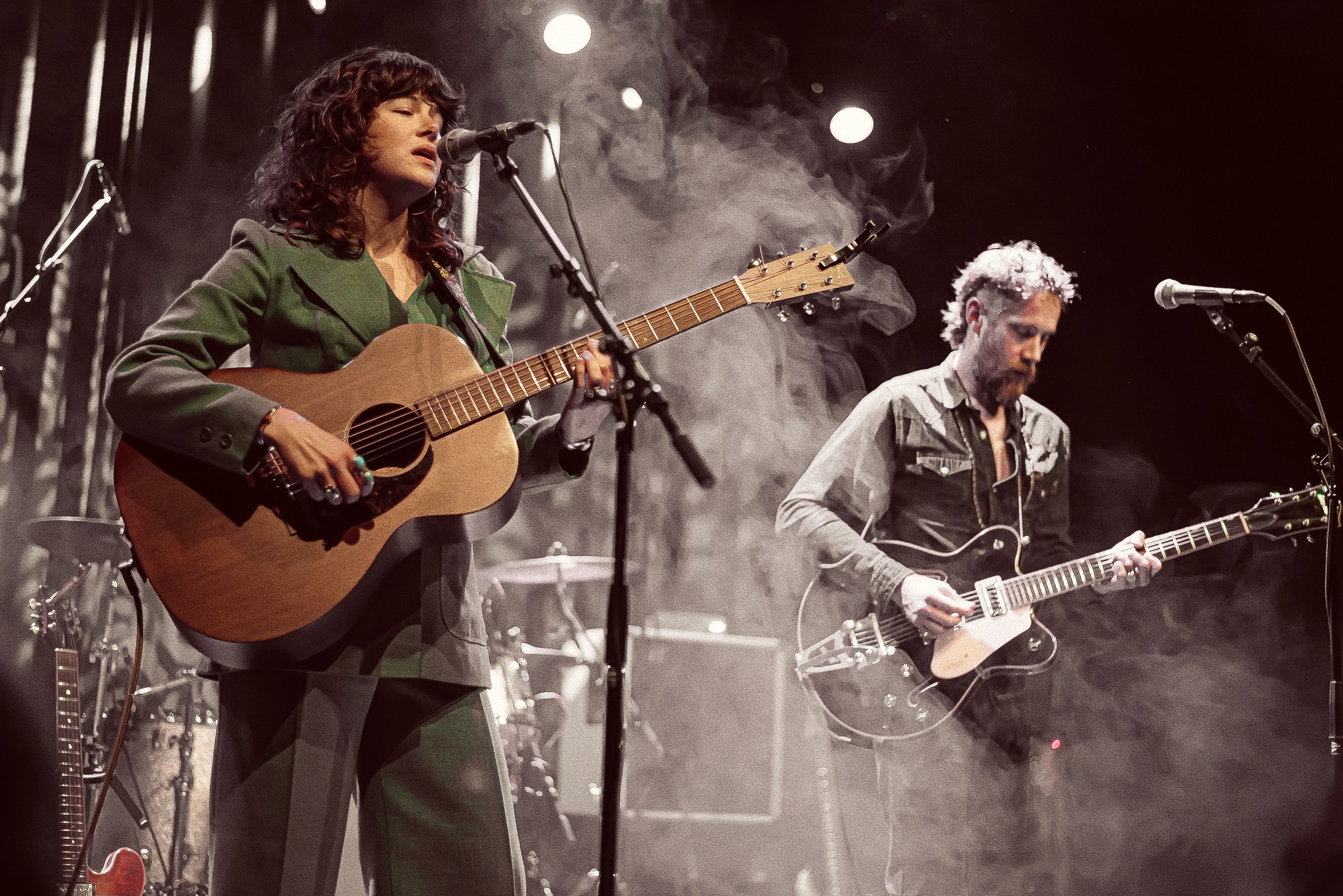
Image Credits
Press Photos – Rosie Lord
Stage Photos – Eddy Taatgen, Claire Leach, Front View Magazine, Sam Ford


